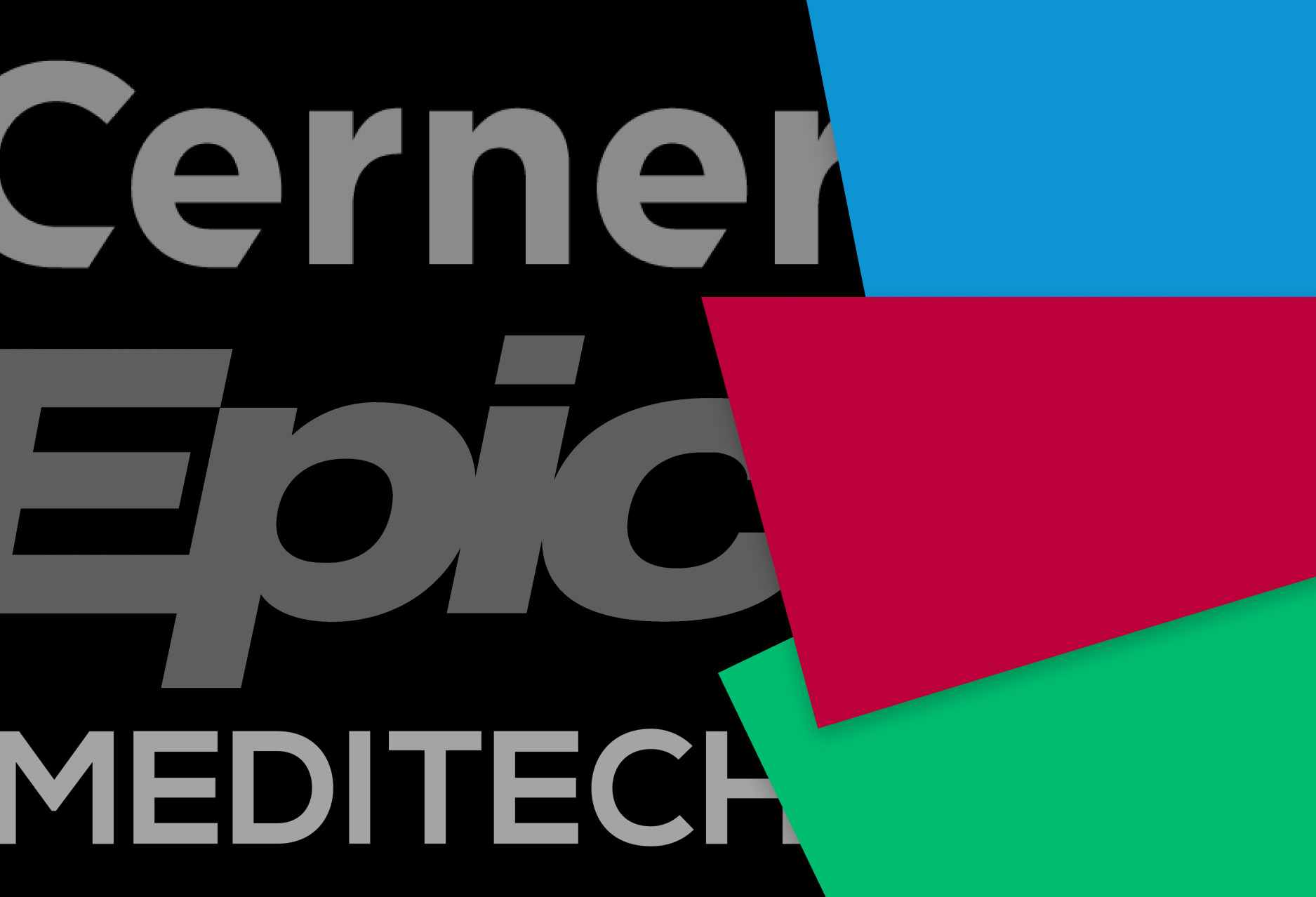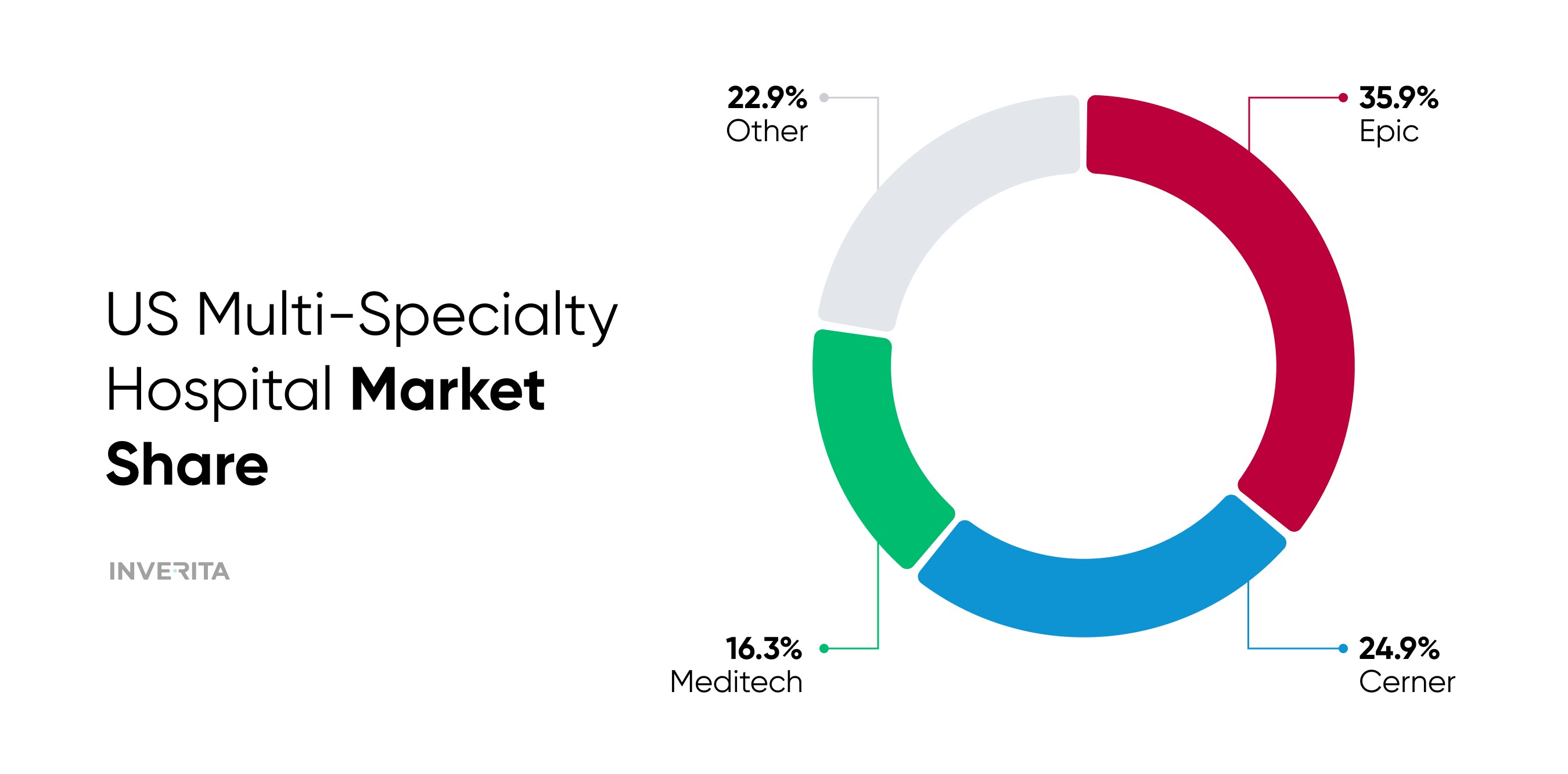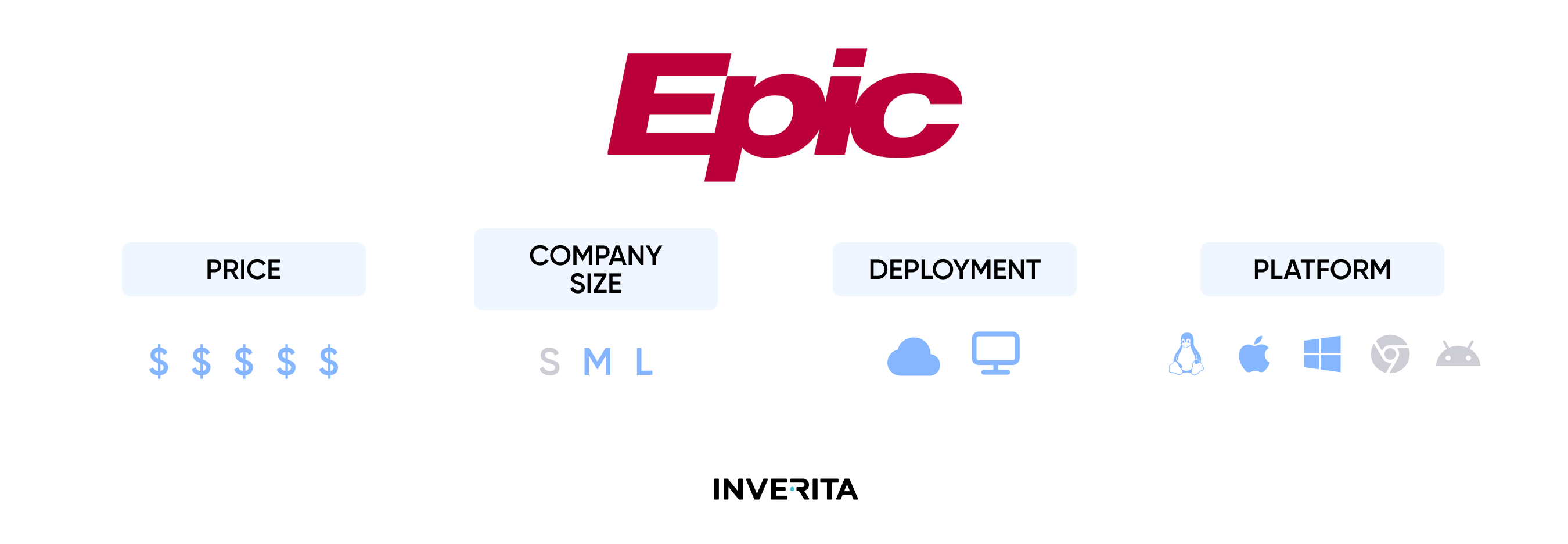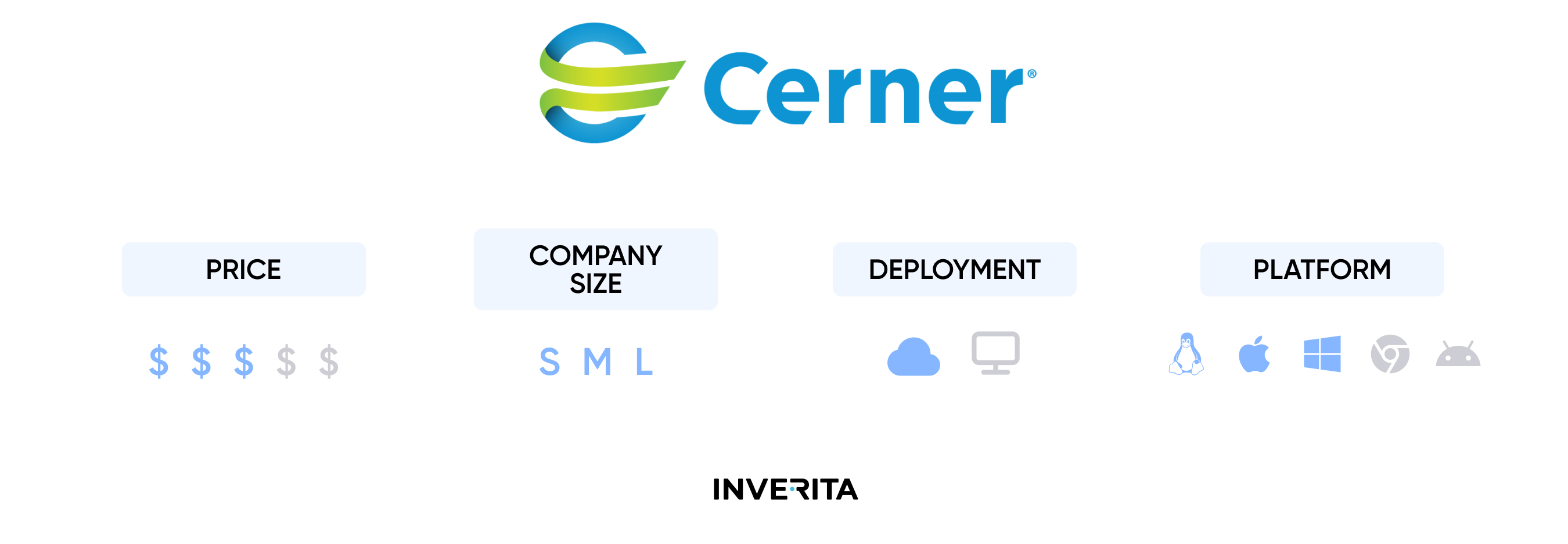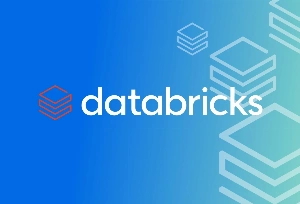Pros of Mediatech EHR
- Meditech has a simple interface and customizable templates so that patient data can be easily shared across the departments.
- An advanced charting system streamlines the management of patient charting and remote monitoring.
- The EHR integrates with FHIR-based third-party applications.
- It also offers integration with Interlace Health allowing automated collection of patients’ signatures.
Cons of Mediatech EHR
- The UI can’t be customized to the individual needs of the practice.
- Users report that the system is quite slow and experiences occasional glitches.
- Documentation is quite hard to understand for new users.
- Comparing Meditech vs Epic systems and Cerner vs Meditech, Meditech lacks a lot of features.
- it has very limited third-party integrations.
- Meditech doesn’t offer a free trial and a free version before you decide to buy a subscription.
Unique Features of Mediatech EHR
- Patients are able to update their medications and allergies, add medical history, and check in via QR codes to avoid waiting times.
- Through the Patient Health Portal, patients can arrange virtual appointments, request prescription refills, and pay bills.
- Mobile apps and tools such as Expanse virtual assistant allow doctors to access data via voice commands.
- Besides, the telemedicine solution, Virtual on Demand Care provides urgent care for organizations.
- The clinical decision support feature offers active formats like ordering or documenting, as well as passive formats like alerts and reminders.
Pricing. Meditech company doesn’t disclose the pricing, therefore users should request a personalized pricing plan.
Making a Choice: Epic, Cerner, or Mediatech?
The implementation and installation of electronic health systems can cost millions of dollars. Therefore organizations must carefully establish and communicate their long-term goals and requirements before making the final choice.
Epic is the most expensive option among the discussed EHR systems. The implementation of Epic is an uphill task that can be done only with the help of IT team. However, it’s also a robust and comprehensive EHR system that will bring the processes inside your organization to a new level.
Contrary to Epic, Cerner leverages Model Experience to offer superior strategic recommendations for implementation and installation. With the support of its consulting experienced team, organizations can gain a deeper understanding of their EHR and confidently transition to their new system.
Meditech also provides comprehensive support and guidance for implementation and installation through its own set of best practices and strategies. While Meditech may not have a specific program named like Cerner's Model Experience, it offers consulting services and resources to assist organizations in successfully deploying their systems.
Possibility of Migration Between Systems
Organizations can decide to migrate between healthcare information systems.
However, the process of migration is very complex and requires careful planning, coordination, and resources. Healthcare providers need to extract and transfer large volumes of data, reconfigure workflows, train staff on the new system, and ensure interoperability with existing systems. So, it requires careful consideration and expertise to ensure a successful transition.
Summing up
To conclude, Cerner is widely favored in clinical and ambulatory care, while Epic strives to excel with its innovative solutions. Their offerings are notably similar, encompassing functionalities like revenue cycle management, interoperability, mobile access, and artificial intelligence, and telemedicine software development to reduce costs.
However, there are distinctions in their capabilities. For example, Epic features a CRM, unlike Cerner, Cerner offers consulting services, whereas Epic does not, Cerner provides users with real-time data, a feature not present in Epic's offerings.
Like Epic and Cerner, Meditech offers comprehensive EHR solutions, revenue cycle management, interoperability, and telemedicine capabilities. However, Meditech may have differences in certain areas compared to Epic and Cerner, such as the level of customization available, the depth of consulting services provided, and specific features are offered within their platforms.
However, sometimes the best decision you can make is to develop your own solution tailored exclusively to the needs of your organization.
If you’re looking for a software vendor to assist you, drop us a line for a free consultation. 
